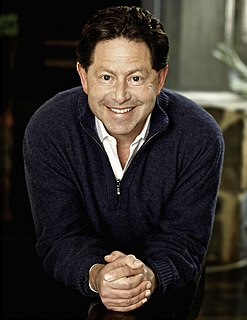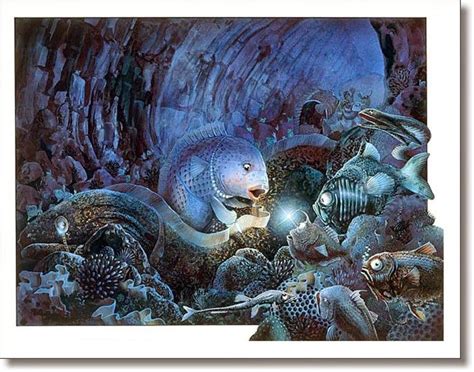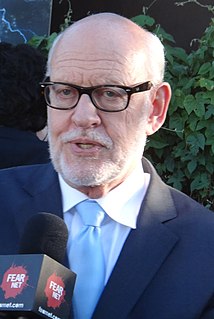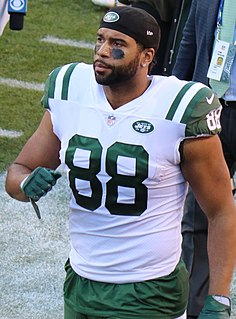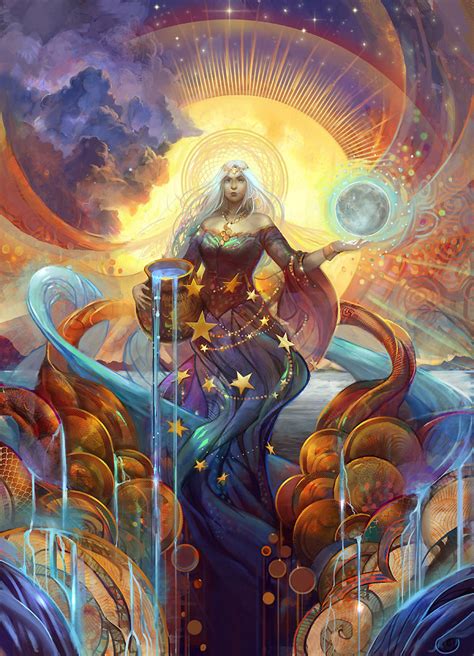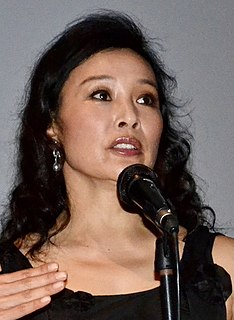A Quote by Bobby Kotick
Very early on, when I was in my twenties, Steve Jobs convinced me to quit college. He talked to me after I had spent about a year in Michigan studying the history of art.
Related Quotes
I didn't like the tone of Steve Jobs [movie] [2015] at all. It was very ugly, kind of rude. I didn't laugh, it was very uncomfortable. It seemed like all the worst moments of his life. It was very critical of Steve Jobs as a person, and it didn't make for a comfortable viewing experience for me. But I guess I don't know who Steve Jobs is, and I guess I didn't know what I was gonna go see. I thought it was gonna be celebrating the rise of Apple, but it wasn't that at all.
Steve Jobs did not start started Apple as a scam. But he understood early on the power of marketing. The idea of the computer as a bicycle for the human mind - I think that was something he believed. He believed in making people comfortable with these machines, which is why he spent so much time thinking about how to design them a certain way, how to make them so user-friendly and interactive, and why he spent so much time studying the Zeitgeist.
I was going to go to a four-year college and be an anthropologist or to an art school and be an illustrator when a friend convinced me to learn photography at the University of Southern California. Little did I know it was a school that taught you how to make movies! It had never occurred to me that I'd ever have any interest in filmmaking.
Behind me, I heard a young woman of 25 say, "If it weren’t for my horse, I wouldn’t have spent that year in college." Now, I'm gonna repeat that, because it bears repeating. "If it weren't for my horse..." as in, giddyup, giddyup, let's go — "I wouldn't have spent that year in college," which is a degree-granting institution. Don't think about that too long, or BLOOD will shoot out your NOSE!
My dad showed me a football and would throw it up and have my dog - a German Shepherd - chase me around when I went after the ball. I caught it because I was scared of that dog. The next year, my dad talked to the commissioner of a local league and convinced him to let me play as a first grader with third graders.
College was pivotal for me. It broadened my horizons, taught me to think and question, and introduced me to many things - such as art and classical music - that had not previously been part of my life. I went to college thinking that I might teach history in high school or that I might seek a career in the retail industry, probably working for a department store, something I had done during the holidays while in high school. I came out of college with plans to do something that had never crossed my mind four years earlier.
I was a very sickly kid. While I was in the hospital at age seven, my Dad brought me a stack of comic books to keep me occupied. And I was hooked. When my eighth grade art teacher, Mr. Smedley, told me he thought I had actual art talent, I decided to devote all my efforts in that direction in the hope that I might someday get into the comics biz. I became an art major, took every art class my school had to offer. In college, I majored in Advertising Art and Design.
Living in a bubble as I said in a featherbed of privilege. That's why leaving home, leaving the prep school and going to the University of Michigan in the early '60s was a moment of awakening and to go to a place like Michigan and to see suddenly a world in flames and the injustices all around was quite a wake up call. I lasted a year and a half at Michigan before I dropped out and joined the merchant marines and I was a merchant marine for my sophomore year then I came back to Michigan.
I went to Indiana University for college for a couple of years where I double majored in dance and journalism, and after my sophomore year there, I went to the San Francisco Ballet school for the summer, but then they offered me a scholarship to stay for the year. That's where I danced after the year they offered me a contract with the company.
